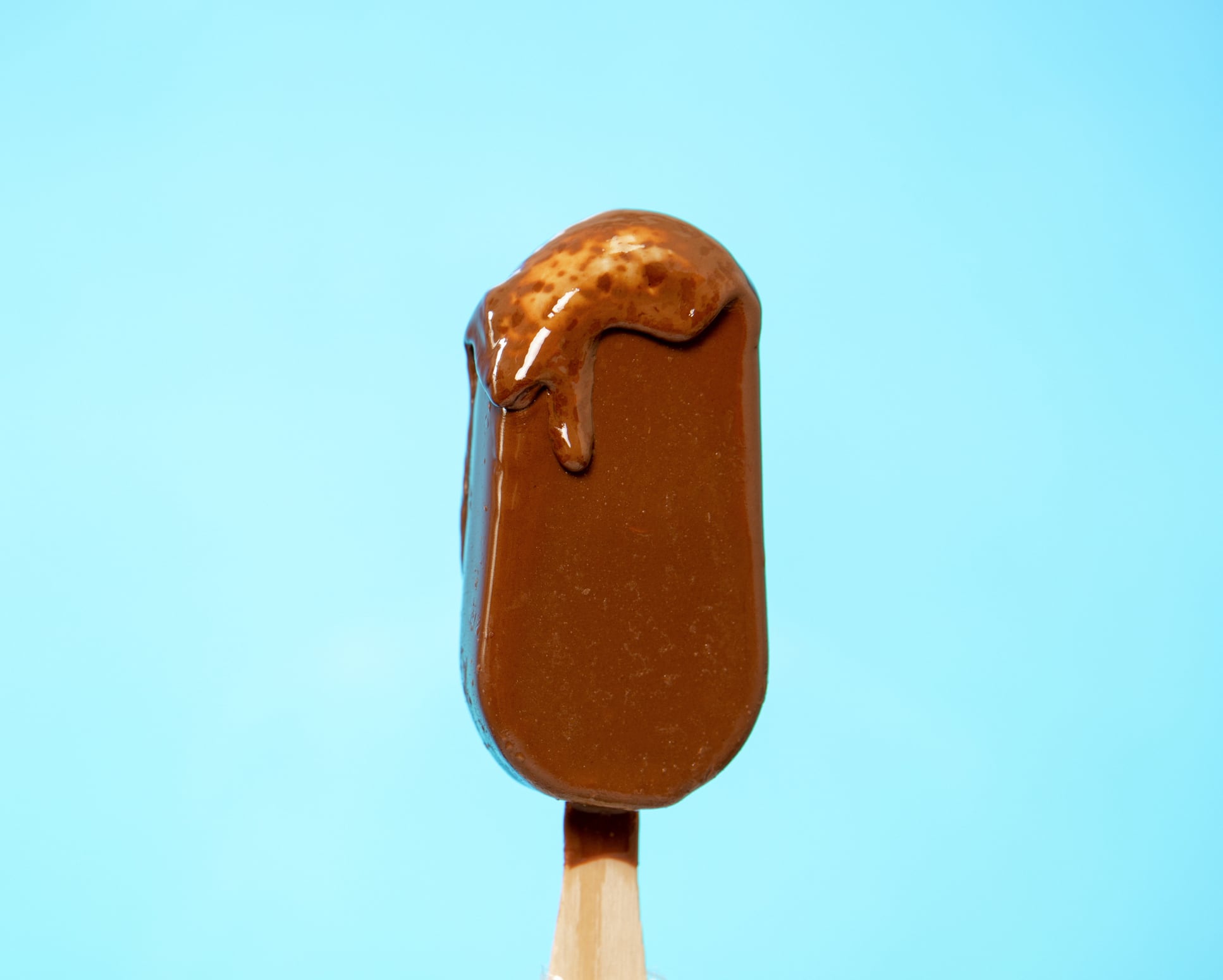How did summer 2025 heatwaves affect the food industry? Key takeaways
- Western Europe faced record heat, with Spain hitting 46°C in July
- Mondelēz chocolate sales dropped 1.2% in Europe mid-July heat
- TD Cowen lowered Mondelēz’s Q3 forecast due to weather impact
- PepsiCo launched heat-driven Starry promo offering 100% cashback
- Unilever’s ice cream sales rose 5.9%, boosted by hot conditions
This summer will be remembered for soaring temperatures and extended heatwaves.
One of the hottest on record, it hit Western Europe harder than most. In Spain and Portugal, temperatures exceeded 46°C. June was officially the warmest on record.
When the mercury peaks, it can have a knock-on effect on the food industry. Some businesses do better, some a little worse. Here’s what we know about the impact of summer 2025.
Mondelēz choc sales hit by heat
In Europe, amid soaring temperatures confectionery giant Mondelēz International has been feeling the heat.
The Cadbury and Oreo maker’s Q2 results showed that increasing prices amid the cocoa crisis was paying off – consumers were still buying chocolate despite having to pay more for it. But just one month later, analysts warn recent hot weather in Europe is likely to have a detrimental impact.
Investment bank TD Cowen estimates Mondelēz’s sales growth slipped mid July, with chocolate sales down 1.2% in Europe. Management attributed the slowdown, in part, to hot weather.
As a result, TD Cowen is lowering its 3Q organic sales and earnings per share (EPS) to account for the “detrimental impact of hot weather on chocolate sales in Europe”.
But it’s not all bad news for the confectionery major. Analysts believe things will pick up in the coming months and maintain full-year expectations. “While we still view management’s full-year outlook as achievable, our forecast depends on more re-acceleration in Europe and has less cushion than before.”
PepsiCo leans into hot weather trend
PepsiCo can win in hot temperatures. According to consultancy The Knowledge Company, PepsiCo advanced its production cycles to meet rising demand in the early summer.
Internationally, PepsiCo’s beverages continue to perform. But on home soil in North America, volume beverages were down 2% in Q2, reflecting softness in demand. According to data from Beverage Digest, PepsiCo recently dropped from third to fourth most popular carbonated soft drink by volume in the US. Coca-Cola’s Sprite now takes third place.
It’s against this backdrop that PepsiCo doubled down on the hot weather trend with summer-specific marketing. Late July, the company announced its “100 Degrees, 100% Off” campaign for lemon-lime flavoured soda brand Starry.
In essence, when temperatures reach 100 degrees Fahrenheit (37.7ºC) anywhere in the US, they receive 100% cash back on their Starry purchase. The promotion will run until 2 September to “coincide with the season’s hottest weeks”.
Amid soaring temperatures, Unilever’s ice cream biz shines
If any business is going to prosper in a heat wave, it’s likely ice cream. Unilever’s recent results for its soon-to-be demerged ice cream portfolio showed that by the end of Q2, the company’s Ice Cream division achieved underlying sales growth of an impressive 5.9%.
Growth can be attributed to a mix of volume (3.8%), with price (2%). Unilever’s Foods portfolio, in comparison, was up just 2.2%.
Unilever’s CEO Fernando Fernandez said the healthy growth of its ice cream business comes as the company builds on the “fundamentals” of the business, with “improved execution and impactful innovations”. But the division also benefited from periods of good weather.
It’s all good news for Unilever’s ice cream business, now known as The Magnum Ice Cream Company (TMICC), as it prepares to split off mid-November. TMICC will be listed in Amsterdam, London and New York.
In preparation, TMICC has already been innovating to mark its new direction. The company wants to expand beyond traditional ice cream formats, and has done so with a recently launched ice pop for “adult functional refreshment”.
Hot summers aren’t going anywhere amid climate change and industry should prepare for this trend, annually. For players that can pivot to lean into ice-cold refreshment, that can be a way of staying ahead in the warmer months.
Want to know more about the impact of climate change on food?
Find out at FoodNavigator's Climate Smart Food broadcast series.
This free webinar series helps food and beverage manufacturers tackle climate risk with real-world strategies - from smart farming and resilient ingredients to low-impact packaging and emissions reduction.
Hear from industry leaders and innovators sharing practical tools and insights tohelp future-proof your supply chain.



